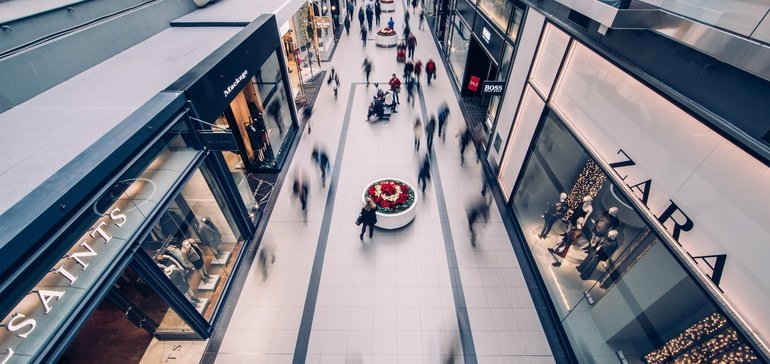Burst via Pexels
AUTHOR|Tatiana Walk-Morris
Source: www.retaildive.com, October 2020
Dive Brief:
- The coronavirus relief bill, which paid out $1,200 stimulus checks and increased unemployment benefits, contributed to the consumer spending recovery. However, given that both of those programs have ended or have been modified, a full economic recovery will likely not happen before 2022, according to the National Retail Federation Chief Economist Jack Kleinhenz.
- If there is a resurgence in COVID-19 cases and Congress does not pass another stimulus package, Kleinhenz said consumer spending growth could slow down or contract.
- However, there are positive indicators of what’s to come. For signs of an economic recovery, the organization pointed to higher sales for home improvement, furniture and appliance retailers as well as employment growth and increasing consumer confidence.
Dive Insight:
NRF’s chief economist described predicting 2020 holiday sales as akin to “assembling a jigsaw puzzle without all the pieces.” Indeed, economic indicators are sending mixed signals of just how consumers will spend this holiday season. The U.S. Bureau of Labor on Friday said the unemployment rate in September declined to 7.9%, citing gains in the retail industry and other sectors, but the NRF noted that just half of the 22 million jobs lost in March and April have been replaced.
Despite all this, the coronavirus-induced recession seems to have passed, according to Kleinhenz, and the momentum from the economy reopening could continue into the fourth quarter. The prediction comes after the NRF launched a campaign to encourage consumers to shop safely, and earlier, during this forthcoming holiday season.
“We are waiting for new data and are still assembling puzzle pieces for the 2020 holiday season,” Kleinhenz said in a statement. “I am cautiously optimistic about the fourth quarter in terms of the economy and consumer spending, but the outlook is clouded with uncertainty pivoting on COVID-19 infection rates. … The test is whether consumer spending will be sustained amid wildcard puzzle pieces including policy surprises, the election and a resurgent virus.”
Retailers have already started responding to the unusual holiday season, with Amazon moving its Prime Day sales event to October, and Target and Walmart following suit. According to a PayPal survey, one in five retailers said they’re depending on success during the holidays to be able to run their business in the future.

